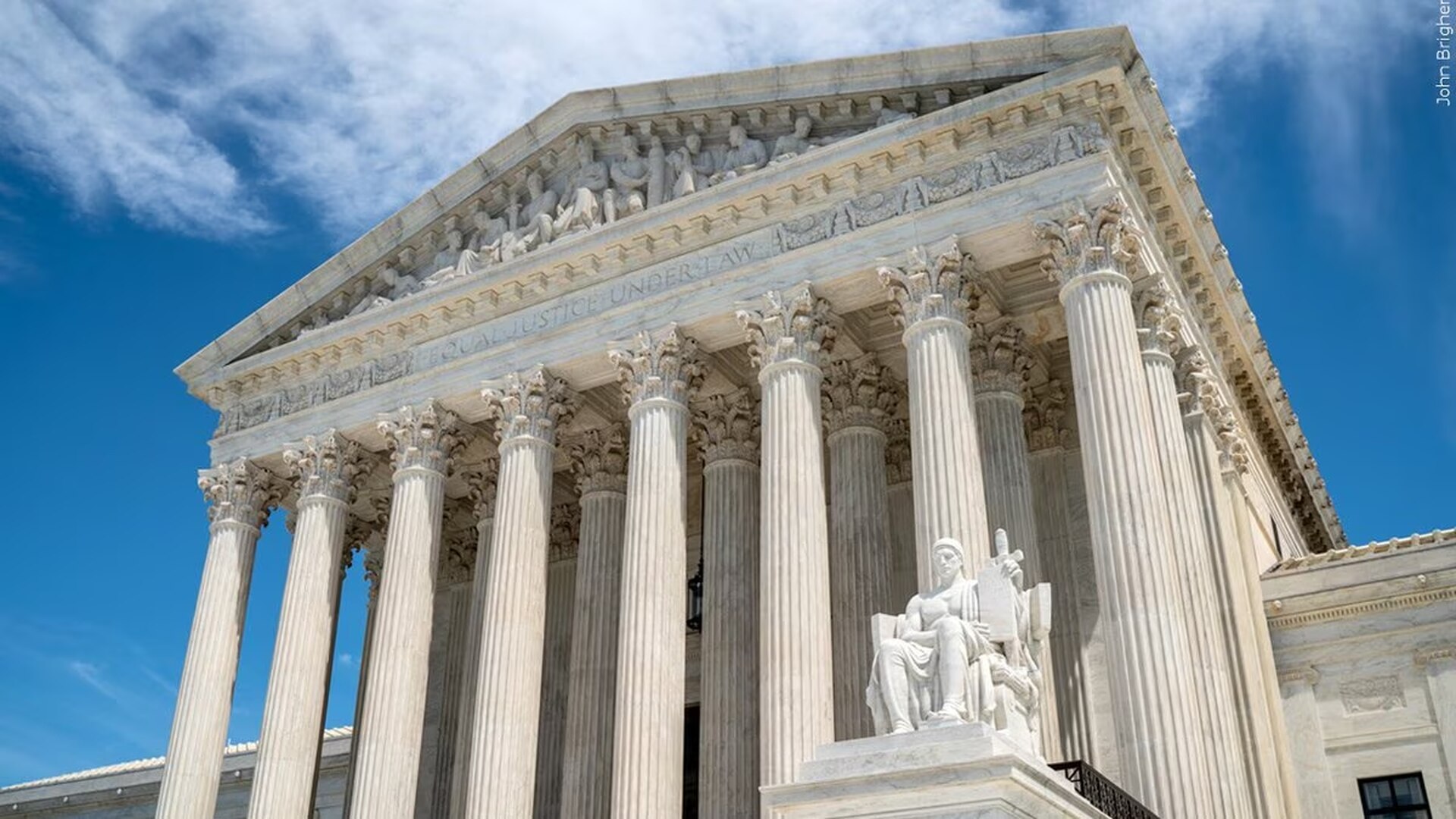Written By President David A. Thomas, Ph.D.
The recent U.S. Supreme Court decision rejecting race-conscious affirmative action in college admissions is a moment for Atlanta to continue to lead our nation by investing in its historically Black colleges and universities (HBCUs) — the very institutions that overwhelmingly launch Black students into graduate schools, professional careers of influence, and leadership roles.
The impact of the court’s landmark decision will be felt deeply by the most selective colleges and universities, in both graduate and undergraduate schools. Several studies suggest that selective, predominantly white higher education institutions such as Harvard and Emory are likely to see a 20%-to-40% reduction in Black students. Such schools have long used race-based admissions as a tool to mitigate the effects of disadvantage and racial bias.
The long-term effects of the court’s decision on our society will reverberate for the remainder of this century. Some have predicted that it could lead to a dearth in Black leadership and a decline in diversity in corporate America. Attendance at selective colleges and universities, however, over-determines the likelihood of gaining access to positions of power and influence. One need only to examine the varied resumes of prominent business leaders, U.S. Congress members and the Supreme Court justices and their clerks over the last 40 years to see the evidence.
That the court exempted our military academies from its decision on ending affirmative action speaks to the importance of diversity in the leadership of a multicultural society, not just the armed forces. Atlanta’s own story, from its past as the seat of the Civil Rights Movement to its present prominence as a global city, shows the significance that racially diverse leadership can have in taking a city, state — and nation — forward.
Most important, now, is that we do not give up on our commitment to racial equity, inclusion, and diversity. Instead, we must examine and invest in the institutions and activities that will mitigate the effects of these decisions. It is not about creating new programs or organizations but scaling and adequately resourcing those that have already proven to have a disproportionate impact on reducing racial inequality and increasing racial diversity in every sector of national life.
HBCUs such as Atlanta’s Morehouse College, Morehouse School of Medicine, Spelman College, and Clark Atlanta University are unparalleled in their track records of producing individuals who have gone on to lead in every sector of our society. Indeed, these schools have produced leaders who have helped transform our city, our nation, and the world. Morehouse alums Maynard Jackson, U.S. Sen. Raphael Warnock and the Rev. Martin Luther King Jr. are just a few examples.
At Morehouse, we anticipate that the SCOTUS decision will trigger a doubling of applications for admission over the next three years. Black families will seek high-quality educational institutions where their children will not be isolated but flourish and engage with role models that inspire them. Companies, government and nonprofit organizations will need to turn to selective HBCUs even more for their talent needs.
Meeting those needs and opportunities depends on whether the philanthropists, foundations and corporations that have declared a commitment to address racial equity will invest to scale and resource HBCUs, such as Morehouse, at the levels they have for predominantly white selective colleges and universities in the past. Morehouse and other selective HBCUs have much in common with the likes of Yale, Harvard, Emory, and Davidson, judging by the contributions and achievements of our graduates. The institutions differ, however, in the size of their endowments and unrestricted giving to support scholarships, technology, state-of-the-art facilities, and expansion.
To make up the gap, HBCUs must recognize the reality of the racial wealth gap and look beyond our alumni base to build connections and garner financial support from the broader community to which we have contributed talent and leaders for almost 200 years.
Atlanta can lead the nation in this regard since it possesses the largest concentration of high-performing, selective HBCUs in the country. We must come together as a global city and ensure that access to a college education endures for promising students of color.

